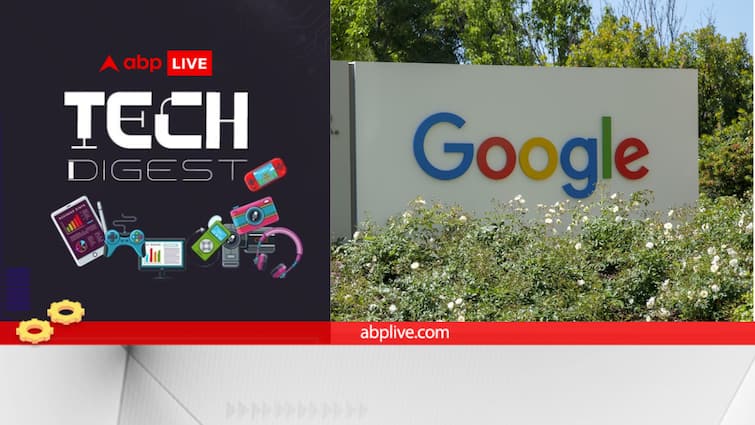The ministry of information and broadcasting will hold an interministerial meeting on Wednesday to discuss the dominance of Big Tech companies in digital advertising and its disproportionate impact on digital news publishers and a possible legal framework to ensure a level playing field, according to a memorandum reviewed by HT.
The meeting will deliberate on “concerns related to imbalance in bargaining power between big technology companies and digital news publishers”. The aim of the meeting would be to evolve a consensus on a legal framework – statutory or otherwise– that could be required to address the issues of “imbalance of bargaining power, unfair competition and sharing of advertising revenue between technology companies/intermediaries and Indian digital news publishers,” said the ministry memorandum dated May 21.
This meeting is being convened in response to a representation made by the Digital News Publishers Association (DNPA) to the ministry and the Prime Minister’s Office, two people aware of the matter said. The industry association counts HT Digital (HT’s digital arm), Times Internet, NDTV, Indian Express and other digital news publishers as members.
The DNPA has been advocating for a revenue-sharing mechanism with Big Tech firms such as Google and Meta, akin to Australia’s News Media Bargaining Code and Canada’s Online News Act. The two tech behemoths dominate the digital marketing space in the country.
The meeting notice, dated June 10, was sent to secretaries of the departments of economic affairs, consumer affairs, promotion of industry and internal trade, and legal affairs, and to secretaries of the ministries of electronics and IT and corporate affairs. It was also sent to the secretary of Competition Commission of India, the country’s antitrust regulator.
The two-page May 21 memo noted that the ministry had “received representation highlighting the anti-trust practices of big technology companies which are adversely affecting the business survival of digital news publishers.”
“The matter has been examined by the Ministry in light of the advertising model on digital media, role of big technology companies in digital advertising, steps taken by various foreign countries regarding the sharing of advertising revenue between big technology companies and digital news publisher, and the recent developments in India in this regard,” the memo said.
The ministry has informed the PMO about the meeting, saying that it had examined the matter in a May 22 office memo titled “Requirement of Level Playing Field between Big Tech Platforms and News Publishers in India”.
“Most foreign jurisdictions have attempted to address the issue through dedicated provisions in respect of news publishers, and kept separate from the general competition law in respect of the digital economy in the country,” the ministry said in the May 21 memorandum.
It acknowledged that measures have been taken by Indian regulators about competition issues in digital markets, the issue of bargaining power between Big Tech companies, and that digital news publishers may require “a specific and tailored approach due to its relation with the future of the pluralistic news industry in India”.
What happened in Australia and Canada?
The Australian code, which came into effect on March 2, 2021, requires notified tech companies to pay news outlets when search results of social media feeds linked to their articles. Google and Meta (then Facebook) had staunchly opposed it, with Facebook temporarily blocking all news content in Australia until amendments were made to the law.
In March this year, Facebook closed its news tab in Australia and the US to follow through with Meta’s plans to reduce news content on its services. In February, Meta had said it would not enter into new deals with Australian publishers for content after the current agreements expire later this year, attracting criticism from the country’s government.
Canada’s Online News Act, which received assent in June 2023, similarly requires dominant platforms to reach voluntary commercial agreements with news publishers, failing which they would need to undergo a mediated mandatory bargaining process. It led to a six-month stand off between Google and the Canadian government, wherein Google withdrew Canadian publishers from its different programmes meant for news publishers. Eventually, in December 2023, Google agreed to contribute C$100 million cash annually to news businesses through a collective fund, in addition to the individual deals it had struck with news publishers.
Meta, however, continues to block news on Facebook and Instagram in Canada. According to preliminary findings of an ongoing research by McGill University and University of Toronto’s Media Ecosystem Observatory published in April 2024, “the end of news availability on Facebook has resulted in a significant decrease in engagement for Canadian news outlets, but has not substantially changed the behaviour of Canadian Facebook users”.




